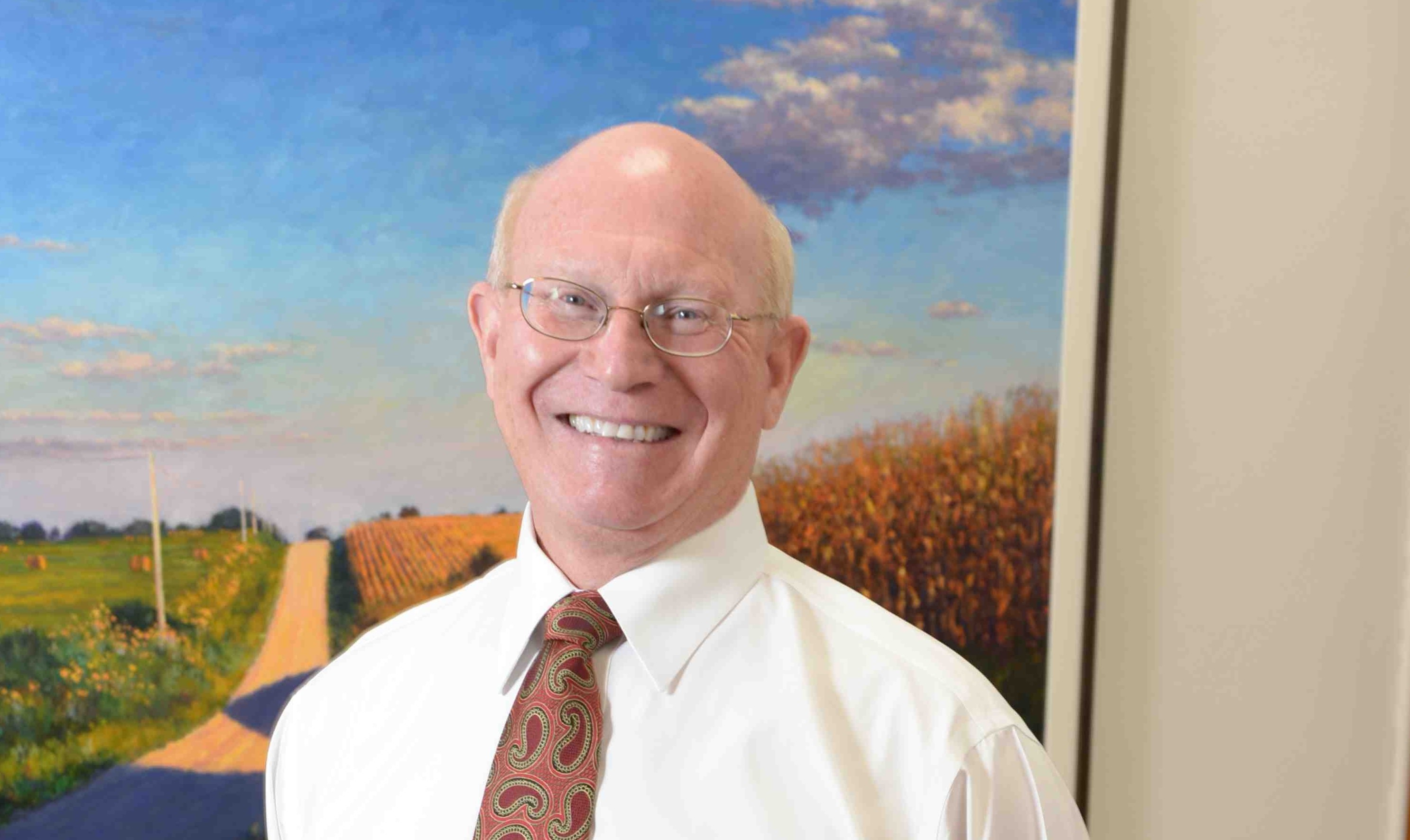
From the Dean – Fall 2018
Nearly 125 years ago, George Washington Carver earned his bachelor’s degree in agriculture from Iowa State—November 14, 1894. Carver was about 30 years old at that time. No official documents exist on his birthdate; he was born into slavery in Missouri around 1864—the closest we have to knowing his birth year.
You should read a copy of Carver’s bachelor’s degree thesis, entitled “Plants as Modified by Man.” You can find it online in the Parks Library’s Special Collections. Its seven pages are rich in language, scientific curiosity and insight.
In the thesis, Carver wrote: “ . . . Dare we not predict that the day is not far distant when man[’s] workshop need no longer be chaos, but will be able to use the tools nature has placed before him from a purely scientific basis, free from all conjecture.”
That is part of his legacy for us today: Feeling the excitement of discovery and looking forward to new ways to understand nature and using that to benefit society. Which is just what Carver did after his two degrees and his time spent in a faculty position at Iowa State and throughout his long, famed career at Tuskegee University.
Part of Carver’s legacy for us is to continue to inspire students from all walks of life to follow his footsteps in agricultural sciences—just as he did with a boy named Henry A. Wallace.
What I would not give to go back in time and see these two extraordinary people together, connected by Iowa State. Their ages did not matter. The color of their skin did not matter. What mattered was the common interests they shared in science, the natural world and life itself. Carver took the time and patience to spark something in the young Henry A. Wallace.
These sparks still happen. Every year, our students make important, lifelong connections with faculty and staff who truly care. By our actions large and small—as Carver would say, by the uncommon way we do common things —we can make a world of difference and a real difference in the world.
We are proud to have Carver as a role model. But his legacy can be and should be viewed in a much larger frame—how we live our lives and be accepting of each other. His determination and perseverance against tremendous adversities, including intolerance and prejudice, is a lesson in hope for us all—in our college and every community.
Dare we not predict that the day is not far distant when we all treat each other with respect, purpose and cooperation; engage in honest, respectful dialogue; seek to better the livelihoods for all; and together reject bias and discrimination?



